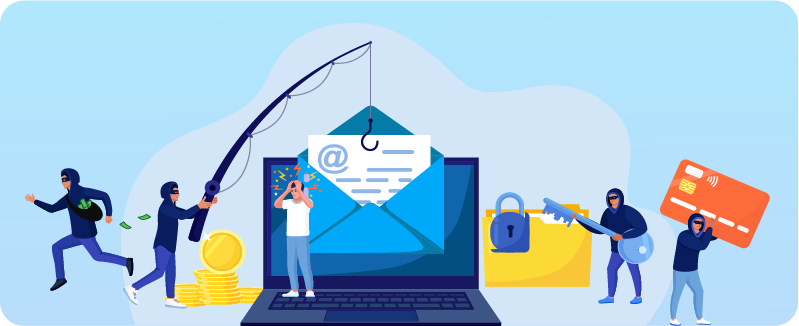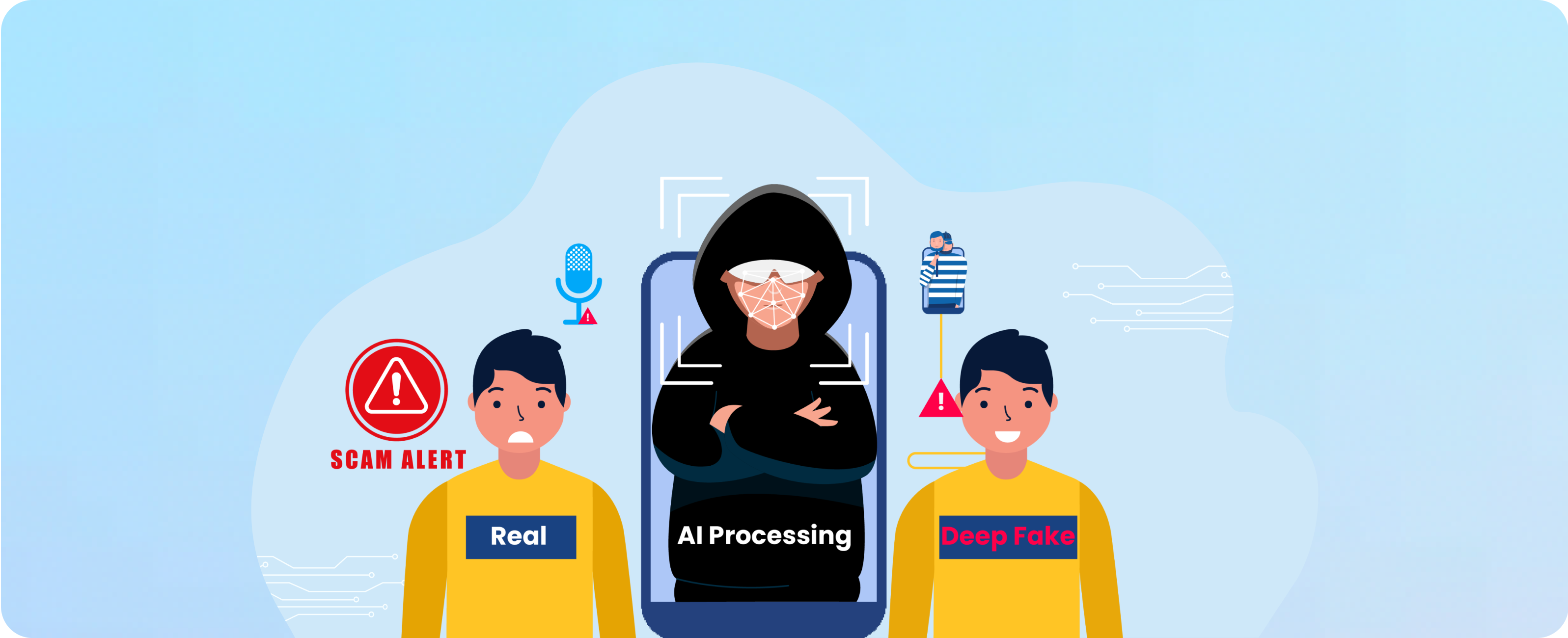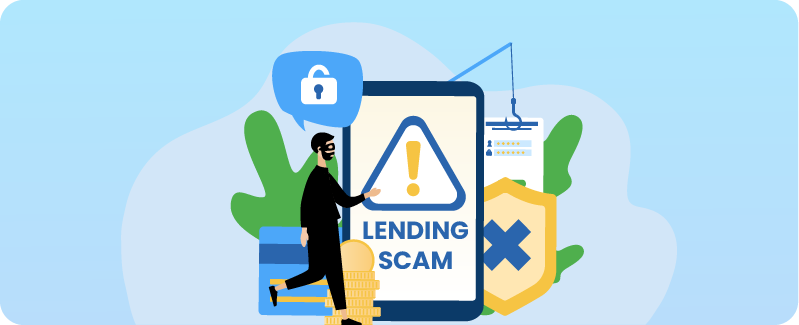- 27 Jan 2022
- Post Views: 5331


The internet has connected our lives like never before but it has also allowed scamsters to trick people in different ways. It is important to make sure that personal and sensitive information like PAN card number, Aadhar card number, net banking passwords, PINs, etc. are not shared with others, especially strangers, to prevent misuse and fraud. However, if you find yourself in a situation where you think you may have been the victim of a scam, this blog will help you take the right next steps.
If the scammer has access to your devices:
Technology has made it possible for us to stay connected from literally anywhere in the world but has also led to many cyber attacks. For instance, by using Juice jacking scammers can steal all your data if you unknowingly plug in your mobile or electronic device into a USB port that is infected with malware which then gets loaded on the phone once a connection is made. With access to your phone or computer, scammers can get their hands on confidential information, financial data, passwords, and a lot more.

In such a scenario, the key is to act quickly:
If you shared your account details, password, or PIN with the scammer unknowingly, you may have been the victim of a phishing scam.

In this scenario, the first step is to contact your bank immediately so that they can take the necessary steps to protect your account. This can include blocking credit/debit cards, freezing the account, etc.
If you paid money to the scammer
If you have paid a certain amount of money to the scammer thinking they were genuine or have fallen prey to a UPI scam, the first step is to contact the appropriate officials based on the mode of payment.

If you have made the payment through credit/debit card, net banking, or UPI, contact the institution that issued the payment and report it as fraudulent. The quicker this is done, the more likely you are to receive your money back if the institution reverses the charge or, at the very least, minimize the damage that the scammer can cause.
If you think your account has been hacked, you could also be the victim of sim jacking, a method through which the data stored on your sim gets stolen.
In case scammers have stolen your passwords and gained access to your financial information, immediately inform your bank so that they can take the required action to minimize the damage.
Reporting online scams
By reporting a scam, you are not just protecting yourself but also preventing others from becoming potential victims. If the relevant authorities are able to trace down the scammers and take necessary action, they will be able to prevent fraudsters from claiming other victims.
The government has launched a national helpline number- 155260 to report cybercrimes and prevent financial loss due to such scams. This platform works in cooperation with all major banks, payment wallets, and online merchants.
Once the crime is reported, you will receive an SMS with an acknowledgement number and further directions to update details of the fraud on the national cybercrime reporting portal: https://cybercrime.gov.in/

At DMI Finance, we believe in complete transparency and make sure that our customers have a secure experience at all times. We never send out any messages or emails asking them to share money or personal information with our representatives.
For any doubts or queries regarding our services, you can always contact us on 08064807777, the official DMI Finance customer care number.
To learn more about the different types of scams, keeping data protected, and being safe online, check out our cyber security blog: https://www.dmifinance.in/blog.html


